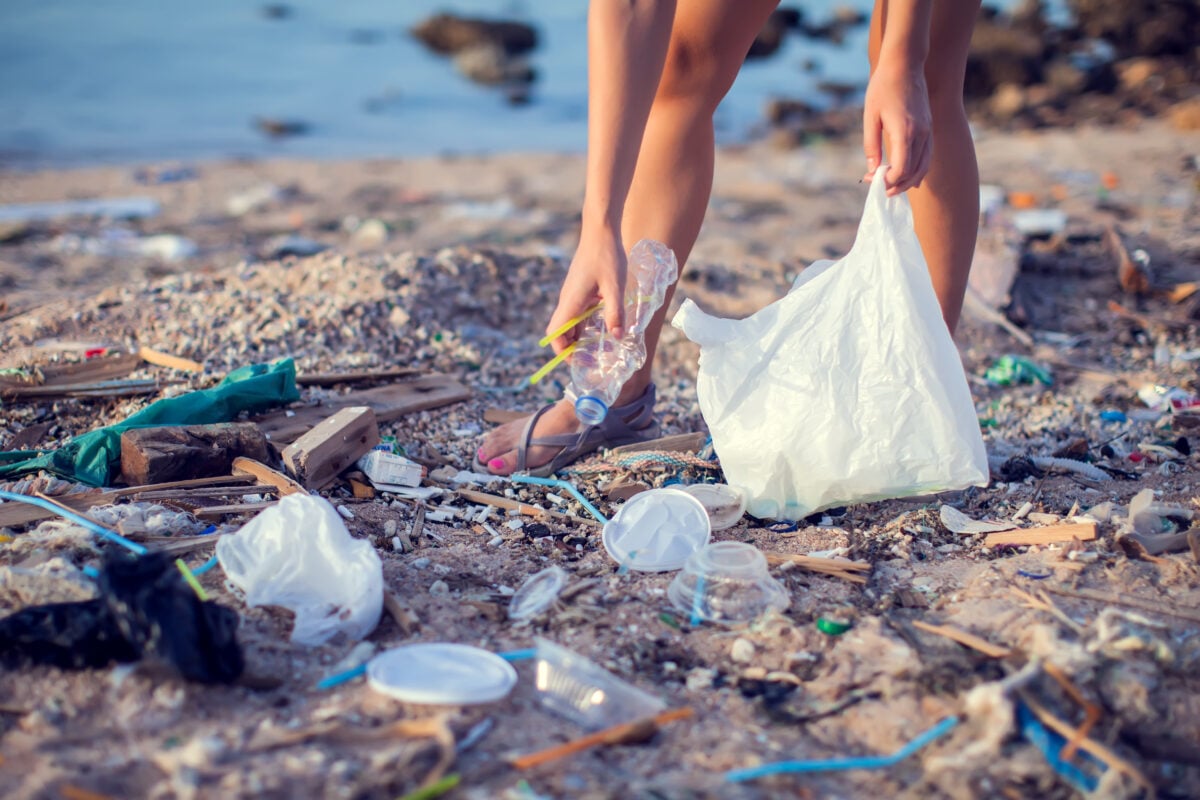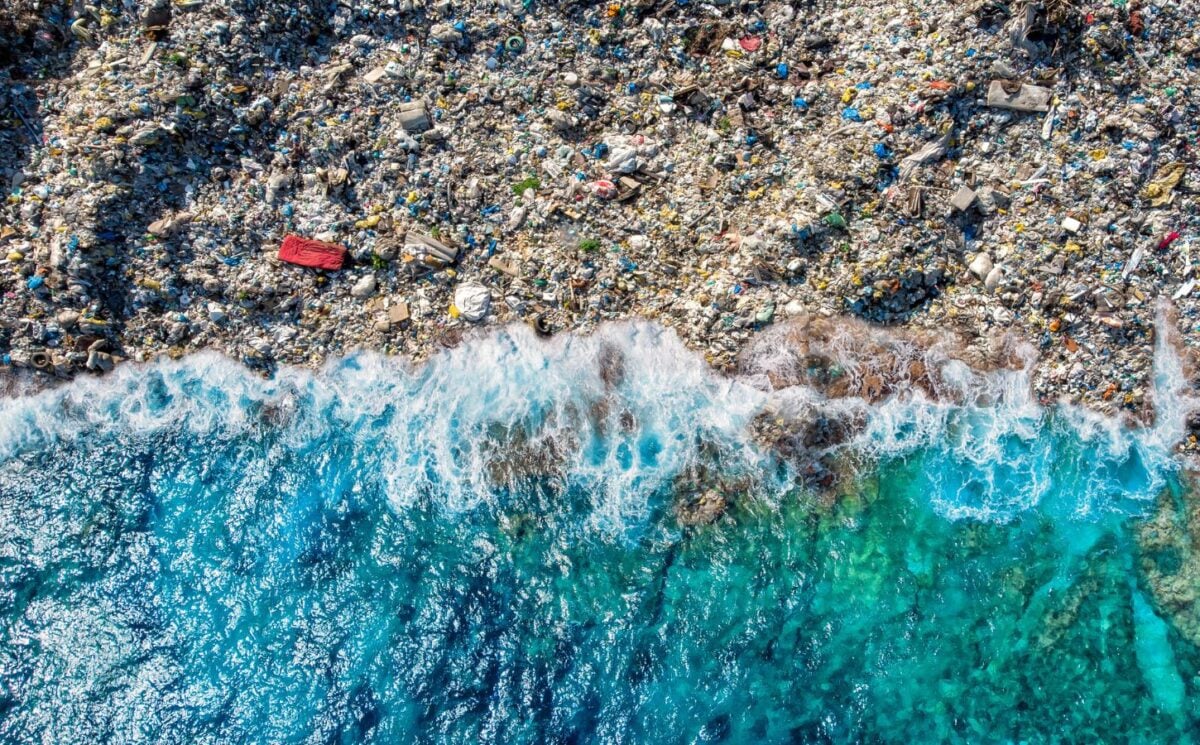A study by a group of German scientists has identified several strains of plastic-eating fungi.
Read more: Plastic Bags On Beaches Have Reduced By 80% Since Charge Introduced
The fungi can thrive on certain polymers without another carbon source to feed on, making them good candidates for bioremediation (biological pollutant reduction) of plastic pollution.
“Tapping Into Fungal Potential: Biodegradation of Plastic and Rubber by Potent Fungi” was published in Science Direct in July. The research involved screening 18 fungal strains for their ability to degrade polyurethane (PU), polyethylene (PE), and tire rubber, three of the most common types of polymer plastic.
Three out of 18 fungi strains showed “promising” results: Fusarium, Penicillium, Botryotinia, and Trichoderma. Fungi could be ideal for use within controlled conditions such as sewage treatment plants, which are home to hundreds of millions of pieces of microplastics.
Read more: River Campaigners Launch Legal Bid To Halt Chicken Industry Expansion
More must be done

However, speaking to Reuters, study co-author Hans-Peter Grossart noted that fungal bioremediation is just one small part of what should be comprehensive efforts to stop plastic from polluting the land, sea, and waterways in the first place.
“We should definitely try to release as little plastic as possible into the environment,” said Grossart. “Plastic is made from fossil carbon and if the mushrooms break it down, it’s no different to us burning oil or gas and releasing CO2 into the atmosphere.”
Humans produce well over 350 million tons of plastic waste every year, and without changes to current policies, Statista predicts that this amount could triple by 2060. According to the International Union for Conservation of Nature (IUCN), approximately 20 million tons of this end up in the environment, though this is also expected to increase.
Grossart said that fungi’s ability to use plastic as fuel could be an adaptation to the vast amount of plastic carbon currently in the environment. Without intervention, plastic waste pollution can take anywhere from 20 to 500 years to decompose.
Read more: Scientists May Have Discovered ‘Climate-Proof’ Chocolate






